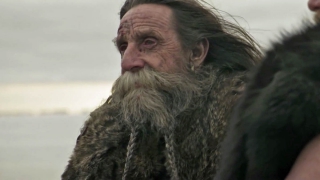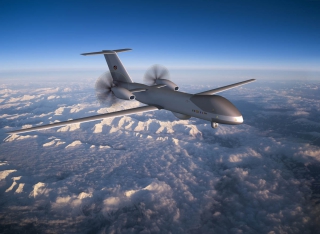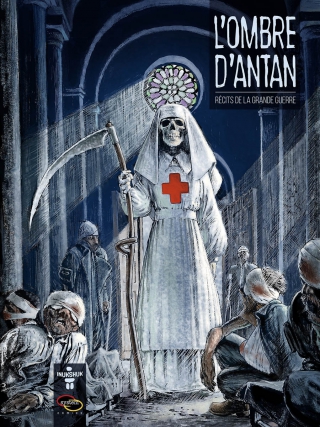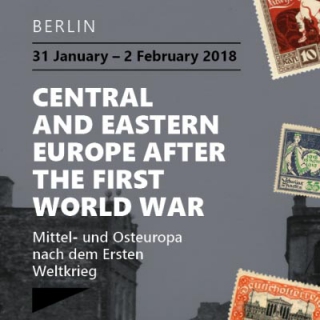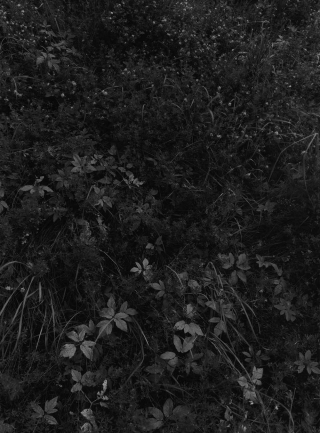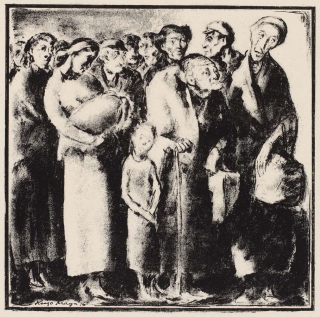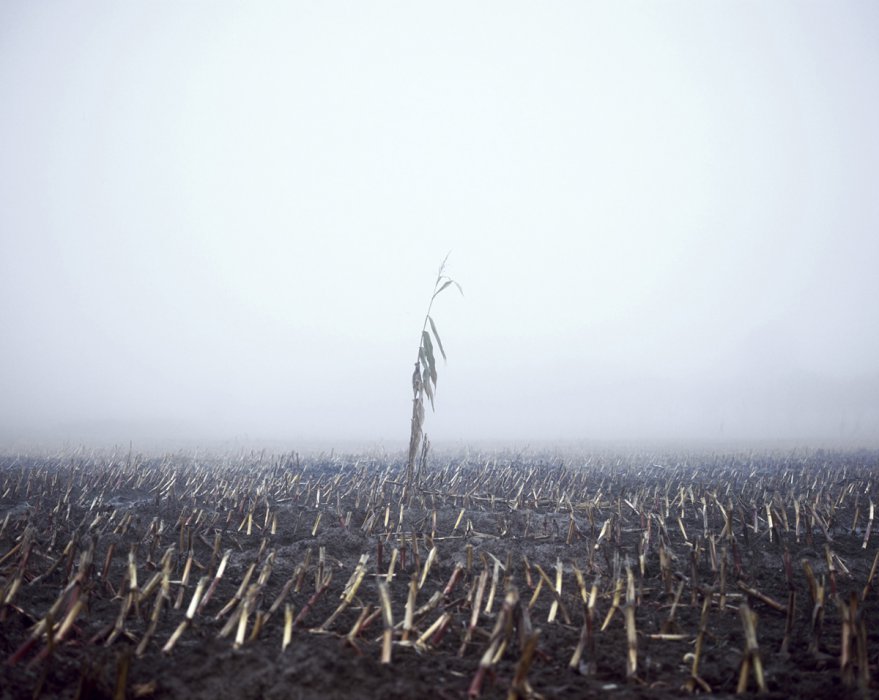
Der preisgekrönte Fotograf Stefan Boness setzte sich in seiner langjährigen Serie „Flanders Fields“ mit den Schlachtfeldern des Ersten Weltkriegs in Flandern auseinander. Der Titel verweist auf das insbesondere in der englischsprachigen Welt bekannte Gedicht “In Flanders Fields” des kanadischen Offiziers John McCrae, sowie auf die konzeptionelle Eingrenzung auf die einstigen Schlachtfelder Belgiens. Von 2005 bis heute kehrte Boness immer wieder und bewusst zu unterschiedlichen Jahreszeiten zurück, zusammen für mehr als ein dreiviertel Jahr: „Manche Themen sind flüchtig, andere bleiben. Das ist eben ein Thema, von dem kommt man nicht los.“
Continue reading “Stefan Boness: Flander Fields”